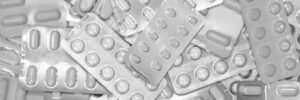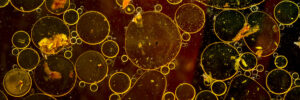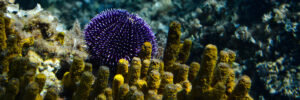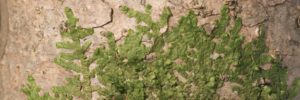
SIRIUS in the Jena Experiment: It’s a Battle for Resources, Not a Break from Pests
In a biodiverse ecosystem, it’s often assumed that plants have safety in numbers—that a mix of species will confuse pests and dilute disease pressure, allowing individual plants to save energy on defences and focus on growth. But is this ecological truism always the case? A recent study from the long-running Jena Experiment uses untargeted metabolomics and SIRIUS for feature annotation and compound class prediction. They found that for many plants in a diverse community it is less about relaxing their defences and more about adapting to intense competition for light and nutrients.







